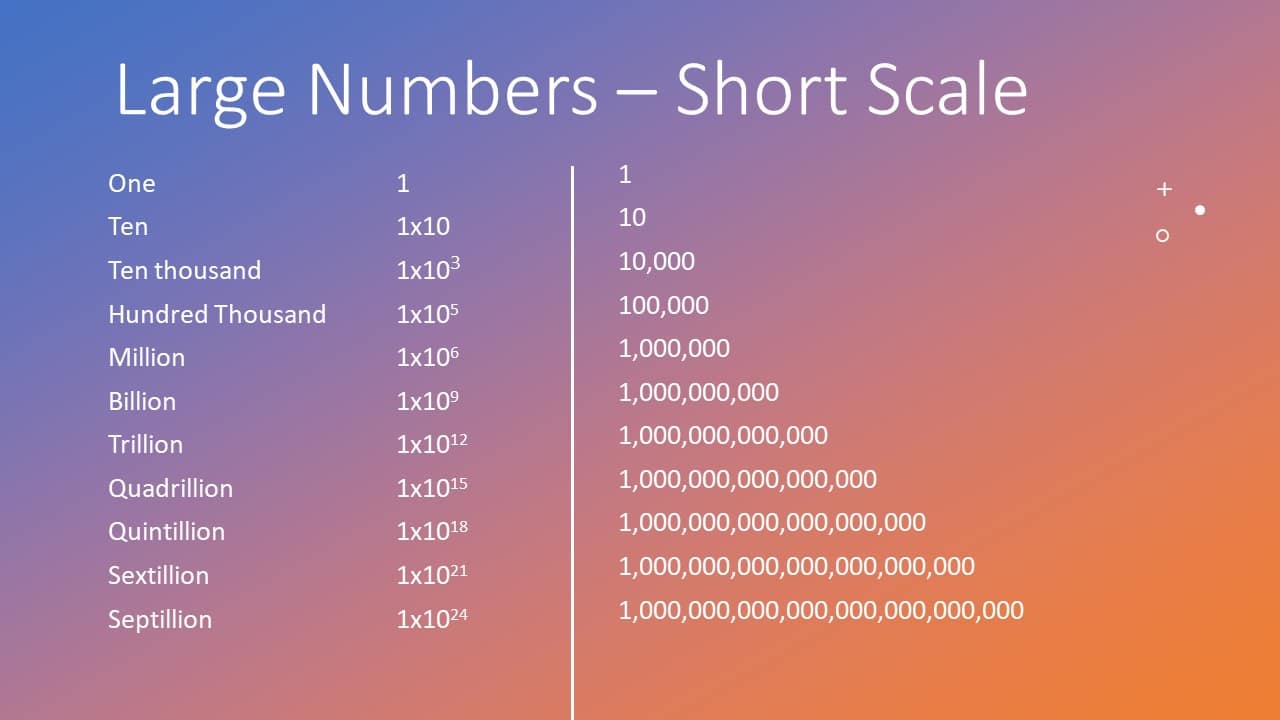From the New York Times, December 9:
Google unveiled an experimental machine capable of tasks that a traditional supercomputer could not master in 10 septillion years. (That’s older than the universe.)
In 2019, a team of Google researchers said they had built a machine capable of performing tasks that were not possible with traditional supercomputers. They described this machine, called a quantum computer, as a turning point in the evolution of information technology.
Some scientists disputed the claim. In the years since, as traditional supercomputers grew more powerful, they matched the feats of Google’s quantum computer.
On Monday, Google unveiled a new quantum computer that may end this back-and-forth race with traditional machines and that points to a future in which quantum computers could drive advances in areas like drug discovery and artificial intelligence.
Google said its quantum computer, based on a computer chip called Willow, needed less than five minutes to perform a mathematical calculation that one of the world’s most powerful supercomputers could not complete in 10 septillion years, a length of time that exceeds the age of the known universe.
Quantum computing — the result of decades of research into a type of physics called quantum mechanics — is still an experimental technology. But Google’s achievement shows that scientists are steadily improving techniques that could allow quantum computing to live up to the enormous expectations that have surrounded this big idea for decades.
“When quantum computing was originally envisioned, many people — including many leaders in the field — felt that it would never be a practical thing,” said Mikhail Lukin, a professor of physics at Harvard and a co-founder of the quantum computing start-up QuEra. “What has happened over the last year shows that it is no longer science fiction.”
Many other tech giants, including Microsoft, Intel and IBM, are building similar technology as the United States jockeys with China for supremacy in this increasingly important field. As the United States has pushed forward, primarily through corporate giants and start-up companies, the Chinese government has said it is pumping more than $15.2 billion into quantum research.
The mathematical calculation performed by Google’s machine was a test designed solely to gauge the progress of quantum computing — not a task that could be useful in other fields, like medicine. Though researchers believe that quantum computers will one day make today’s classical machines look archaic, the technology still makes too many mistakes to be truly useful.
Google’s quantum computer also uses a form of error correction — a way of reducing mistakes — that could allow this kind of machine to reach its potential. In a research paper published on Monday in the science journal Nature, Google said its machine had surpassed the “error correction threshold,” a milestone that scientists have been working toward for decades.
That means quantum computers are on a path to a moment, still well into the future, when they can overcome their mistakes and perform calculations that could accelerate the progress of drug discovery. They could also break the encryption that protects computers vital to national security....
....MUCH MORE
And thank you for pointing out the difference between billion and septillion. Oh wait, you didn't. From Civil's Guide:

Phys.org, July 13, 2023:
New research puts age of universe at 26.7 billion years, nearly twice as old as previously believed
That is a very long way from a septillion. I wonder why the NYT included that Department of Duh factoid in the story.